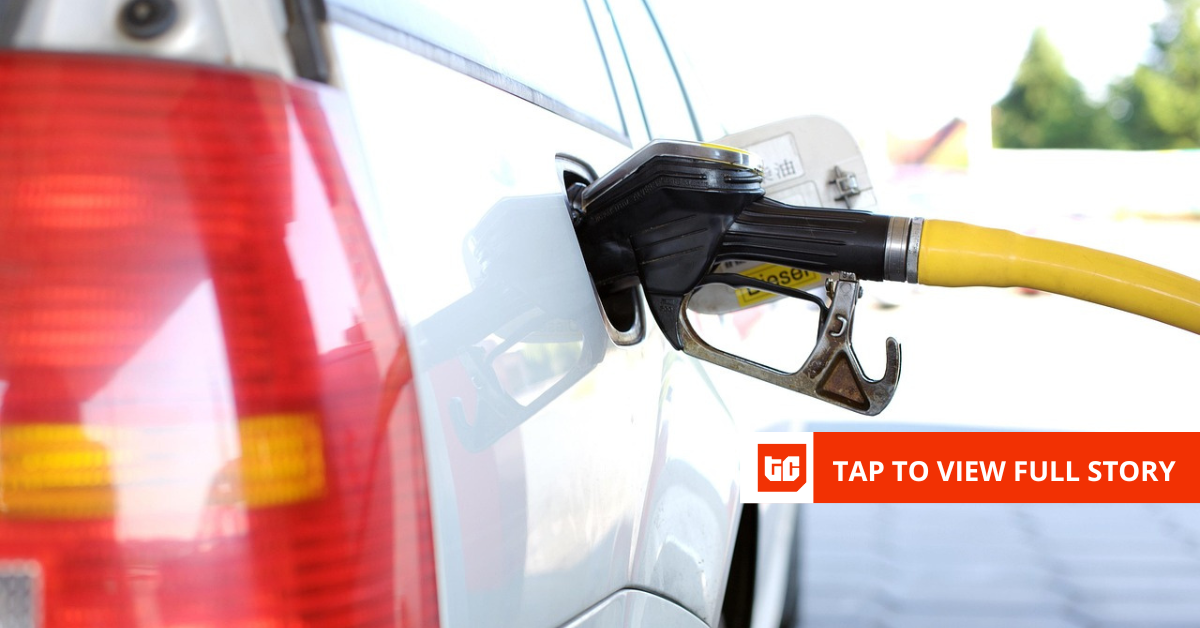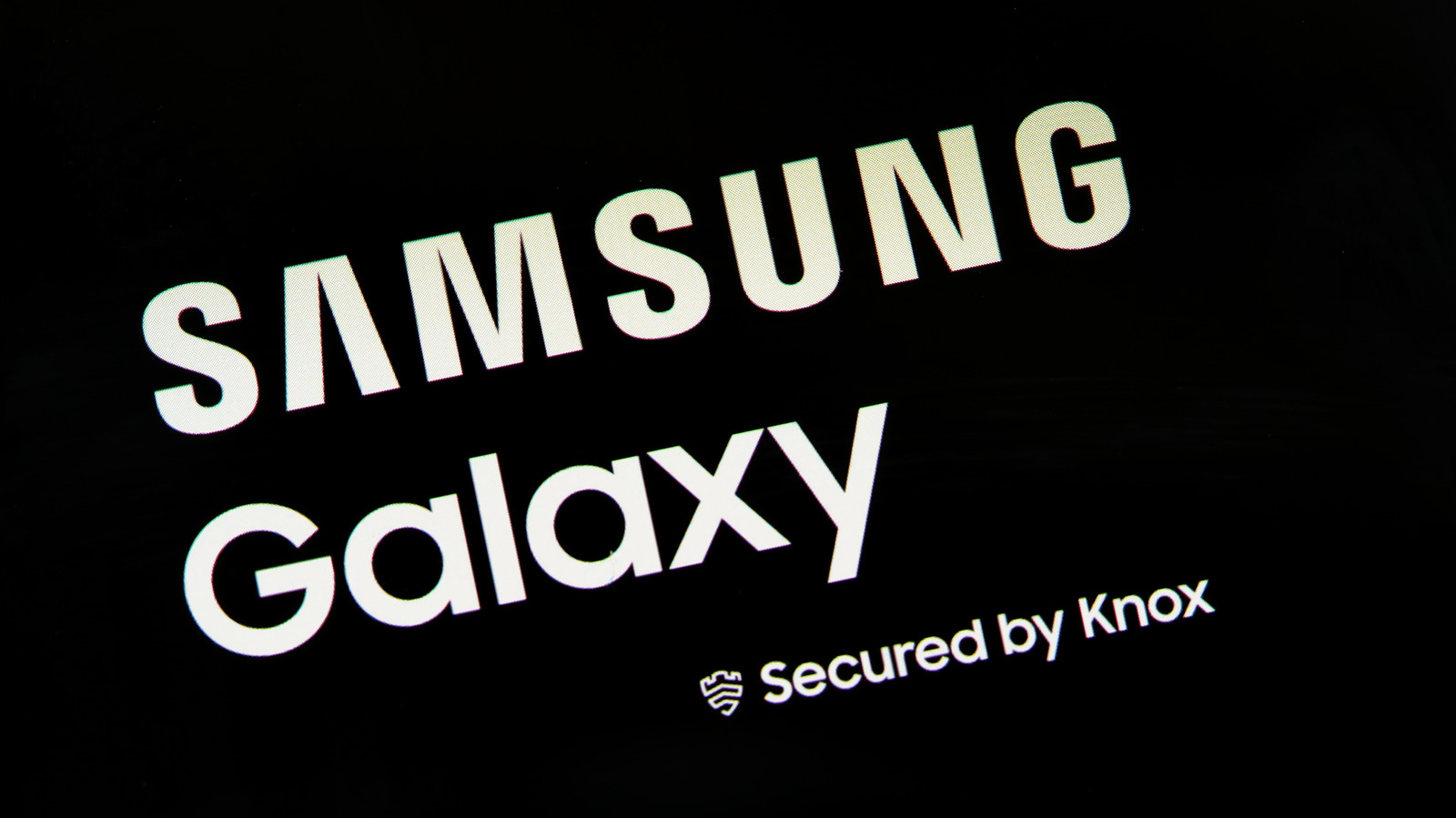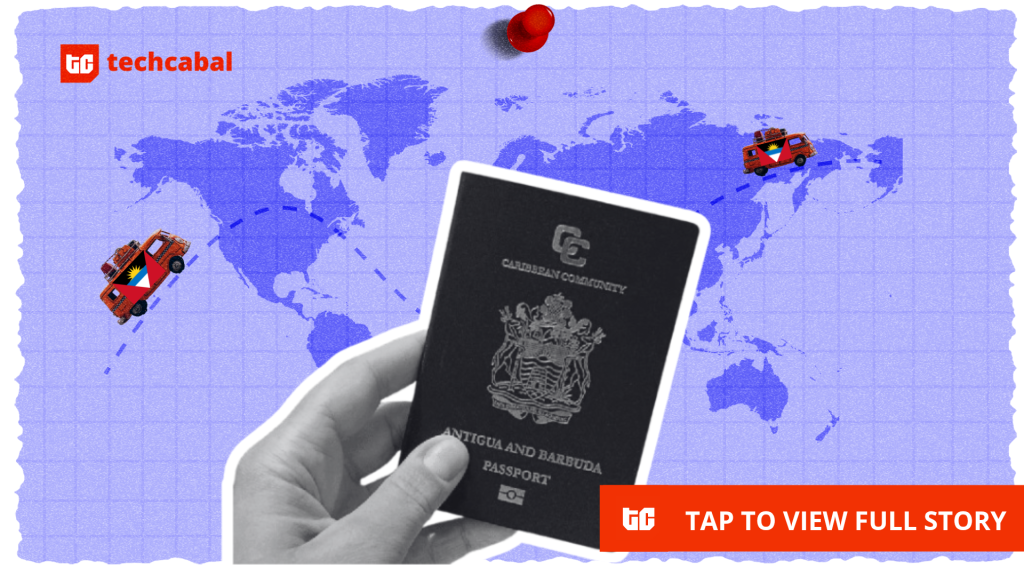The oil price in rands has hit its lowest point in four years, and that could be a game changer for South Africa’s e-commerce industry, if the rand holds its ground and global oil markets stay calm.
The price of Brent crude oil has dropped to around $64 a barrel, while the rand has strengthened to about R17.20 to the US dollar. At the same time, these shifts have pushed the cost of oil (in rands) to its lowest level since 2021. If this trend continues through October, petrol prices could fall in November, potentially the biggest cut in years.
“The price relief is welcome. But its broader economic impact depends on how long the trend lasts and whether complementary interventions are in place,” Economist Phelisa Nkomo told .
According to the Central Energy Fund data, South African motorists could see fuel prices drop across the board next month. Petrol 93 is expected to decrease by 47 cents per litre, while Petrol 95 may fall by 45 cents. Diesel users will also benefit, with 0.05% sulphur diesel dropping by 11 cents per litre and 0.005% sulphur diesel decreasing by 10 cents.
Fuel costs are cited as the biggest operational expenses for e-commerce platforms. Last-mile delivery alone accounts for up to 53% of total delivery costs. Every parcel, from Takealot’s warehouse to a customer’s door in Gqeberha, moves through a web of trucks, vans, and scooters that run on petrol or diesel.
A drop of 40 to 50 cents per litre may seem small, but at scale it adds up. For a mid-sized e-commerce company making one million deliveries per month, even a 10% decrease in fuel costs could save roughly R500,000 (nearly $29 000) monthly, or R6 million (about $348 000) annually. Those savings could be reinvested in technology, marketing, or lower delivery fees to attract more customers.
Dr Mike Kwet, a technology researcher and social theorist, said the link between fuel prices and e-commerce performance is clear.
“Lower petrol prices generally benefit e-commerce service providers, as they make the cost of transporting products to customers cheaper,” he explained. “Whether or not that cost saving will be passed on to the consumer, or simply appropriated by the e-commerce retailer, is a question that would have to be determined with hard evidence.”
South Africa’s booming e-commerce market
The timing of the expected fuel price cut comes just before Black Friday and the festive season, when online traffic spikes.
South Africa’s e-commerce sector is rapidly expanding and is significantly outpacing traditional retail growth, with the total online retail turnover expected to surpass R130 billion ($7.5 billion) in 2025, up from about R96 billion ($5.5 billion) in 2024. The forecasted increase in online sales for 2025 is 38%, more than ten times the growth rate of physical retail in the country for the same period.
The number of South Africans regularly shopping online has reached approximately 10.4 million, a figure cited in leading industry reports for the sector’s growing penetration. Social commerce, which refers to purchases made via platforms like Instagram, TikTok, and WhatsApp, is estimated to be worth roughly R25 billion ($1.45 billion) this year. demonstrating the rising influence of social media on consumer behaviour and digital transactions.
The sector now accounts for roughly 10% of total retail sales. As petrol prices ease, this growth could accelerate, especially for players heavily reliant on road freight and last-mile delivery.
Delivery startups and logistics platforms
For courier and delivery firms, lower petrol and diesel prices mean thinner operating costs and more flexible pricing. Players could offer lower delivery fees or expand to underserved areas where high transport costs once made deliveries unviable.
Fast-delivery platforms, like Checkers Sixty60, Pick n Pay asap!, and Uber Eats, could also gain breathing room to maintain low delivery fees despite rising wage and packaging costs. In March 2024, South Africa’s minimum wage got its biggest boost since it was first introduced. Workers earning below the minimum saw a 19% pay increase, while many other low-wage earners benefited from a 27% rise. At the same time, the cost of flexible packaging, widely used in the market, went up by nearly 5% in 2024 due to rising demand and power outages affecting production costs.
For startups building logistics tech such as Parcelninja, WumDrop, or Droppa, cheaper fuel enhances the economics of expanding networks, piloting micro-fulfilment hubs, and testing EV delivery vehicles without the immediate pressure of escalating fuel spend.
What consumers might feel
“South Africa’s dualist economy makes it difficult for millions of citizens to capture these positive gains due to being on the margins of the economy,” Nkomo noted.“Fuel prices impact the cost of basic foods like bread, milk, potatoes, and spinach because producers must move these goods from farms to markets.”
While cheaper fuel could also improve consumer sentiment, the impact of the fuel price drop must be met with other concomitant economic measures because households are already choking from high debt servicing costs. “This relief, in a sense, is like taking from Paul to pay Peter,” she said.
Nkomo noted that positive sentiments from one economic variable have minimal impact on consumers in the short term. The relief is experienced only if these price reductions last over a long period of time.
Data from BankservAfrica, Africa’s automated clearing house, shows that transport inflation has been one of the largest drivers of cost-of-living pressures since 2022. Any relief could redirect a portion of spending toward discretionary goods like electronics, fashion, and homeware, all dominant categories online.
If e-commerce players pass on even part of their savings through lower delivery fees or price promotions, it could spark a small but notable uptick in online purchasing frequency.
The e-commerce and logistics ecosystem thrives on predictability, and that is the one thing the fuel market rarely offers. A sudden rand wobble or geopolitical oil shock could reverse the good news quickly. Still, if the rand stays below R17.20 and global oil remains stable, South Africa’s delivery economy could enter its most cost-efficient window in years.
Mark your calendars! Moonshot by is back in Lagos on October 15–16! Meet and learn from Africa’s top founders, creatives & tech leaders for 2 days of keynotes, mixers & future-forward ideas. Get your tickets now: moonshot..com








